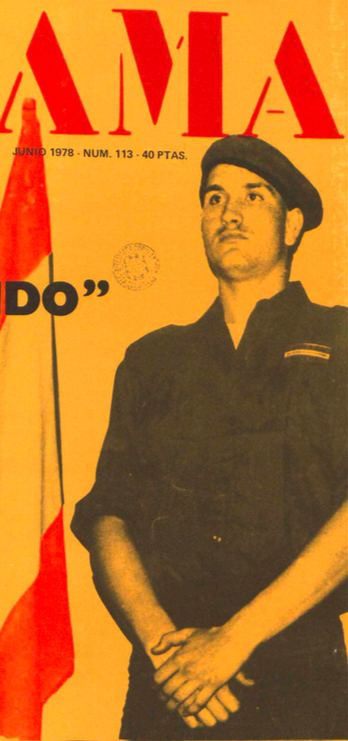“Enforcing the Transition: The Demobilization of Collective Memory in Spain, 1979-1982,” Bulletin of Hispanic Studies 92, no. 6 (2015): 673-695.
This article analyzes the efforts of grassroots actors in Spain to counter the persistent institutional biases and state-sponsored messages of the Francoist dictatorship following the democratization of municipal governments in 1979. By following struggles over appropriate democratic symbols, narratives and behaviors, the article demonstrates, first, that collective memory was vibrant as grassroots actors brought attention to the living legacies of the dictatorship. Continuing their long struggle for democracy, they pressured political elites to go beyond the modest reforms negotiated at the Transition's outset. Second, it explains how the social networks where collective memories were articulated were progressively demobilized as elites legitimized and enforced the democratic settlement reached. The article, as such, counters the widely held view that the decision not to confront the past during the Transition was the result of broad consensus.
